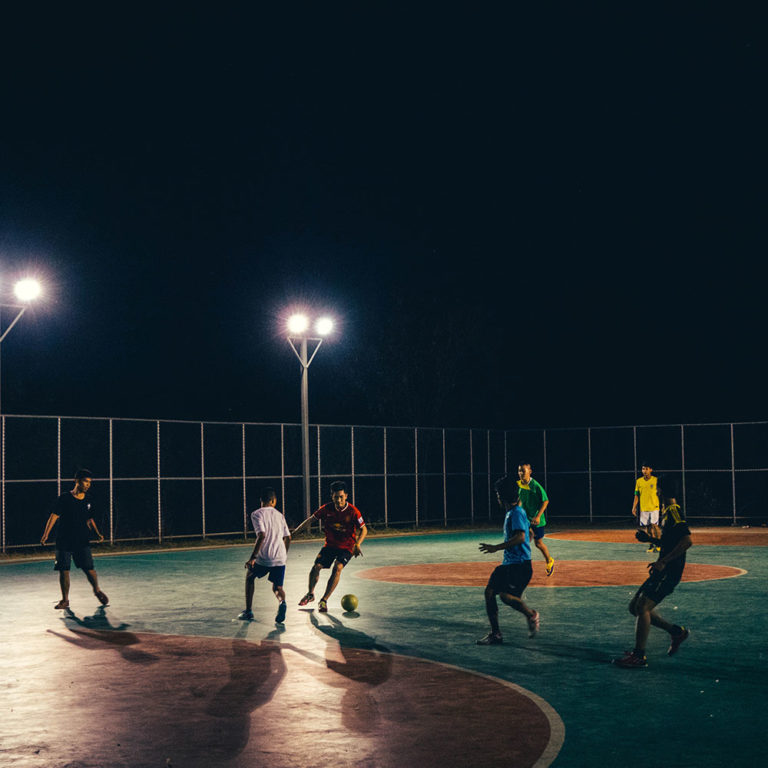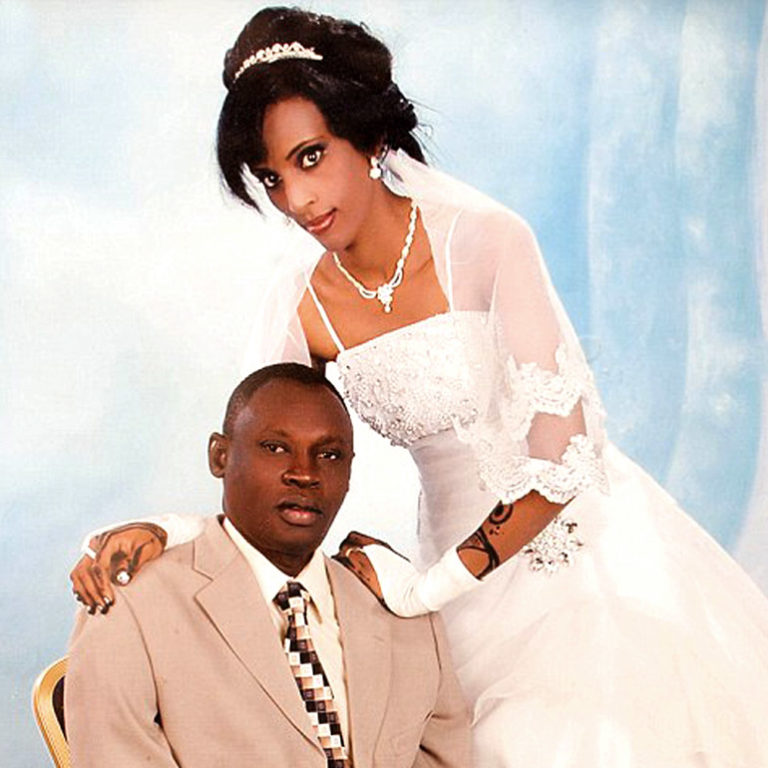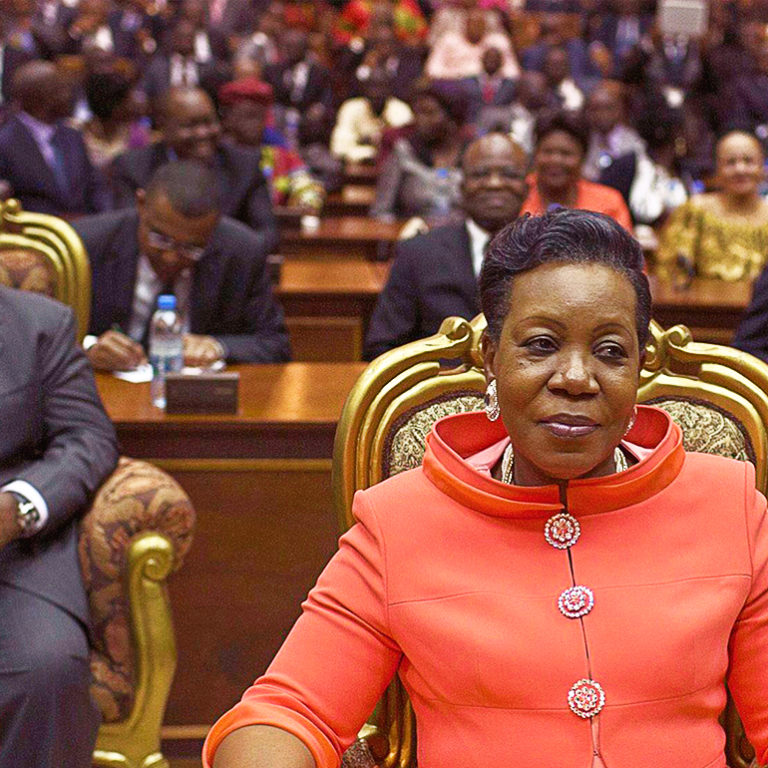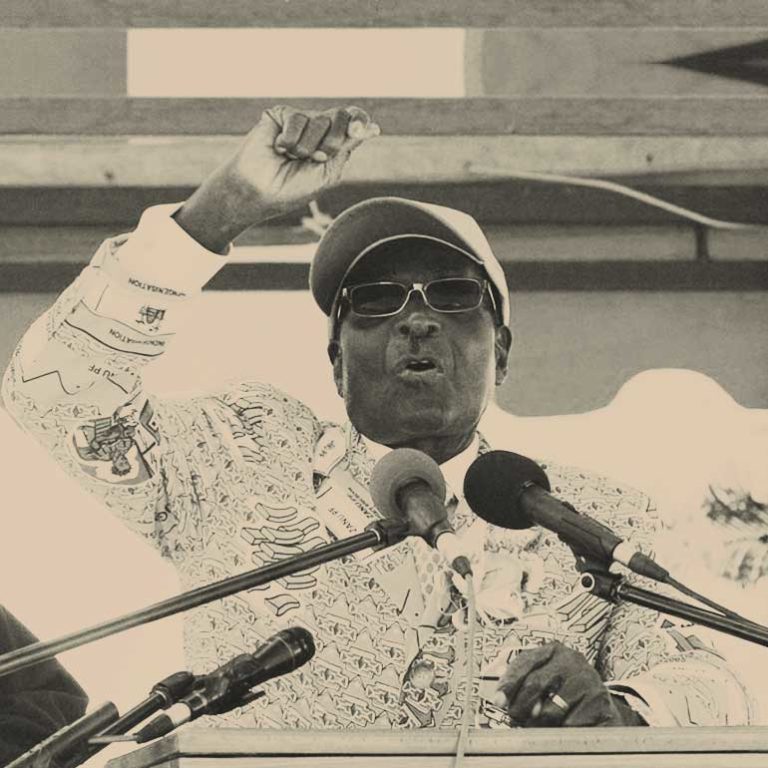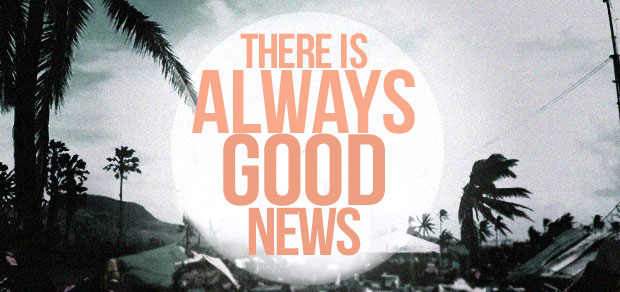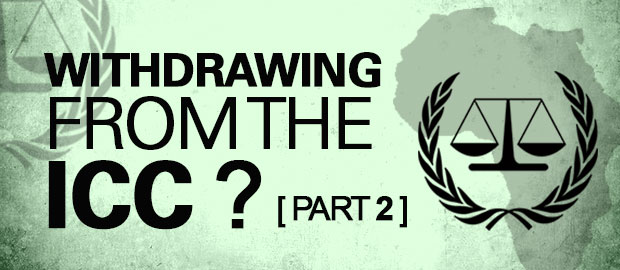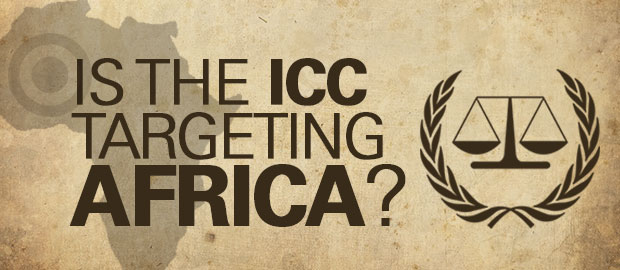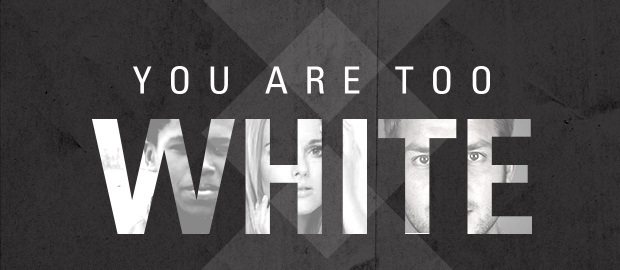Do you think it’s necessary to prepare for trials and possible battles in your life?
Most people I know just hold their breath and hope for the best. No preparation.
If you knew that a big event, like for instances the Soccer World Cup, was coming up wouldn’t you make sure that you train for it? I’m sure your answer is yes. This is a natural response to such a big affair.
In the same way, we as individuals should always be prepared for attacks and challenges because we do not know when they will take place. One thing is for sure though, things will happen.
When times are ‘quiet’, and it looks like all is going well, that is the time we should be putting things in place that will be our defensive line when we come up against opposition. That is the time that we should arm ourselves and stand ready for whatever comes our way.

Soccer players spend four years preparing just for this one event, shouldn’t we be even more prepared in the game of life?
In the Bible, it says in Romans 8:31 (NIV):
What, then, shall we say in response to these things? If God is for us, who can be against us?
When we choose to include God in our team, He becomes the ultimate defence. This doesn’t mean that opposition won’t happen, but it does mean you have someone on your side who is fighting in your corner, regardless of the attack. However, you need to pick Him as part of your squad.
The Bible tells us that the only way to have God on your team is to go through His Son, Jesus. If we accept that Jesus came to fix our broken connection to the Father, we can know and experience life as God intended – in a relationship with our Creator.
If you would like to know how you can have God on your team, we would love to talk to you. Please click on the link below.

